What happens to your old clothes after you drop them off at the op shop?
I’ve recently watched the Foreign Correspondent segment on the ABC titled “Dead white man’s clothes?”.
It tells a story of second-hand clothes ending up in African landfills, creating an environmental catastrophe.
Australian charities are inundated with poor quality clothes which they sell in-bulk to Ghana, Burkina Faso or Côte d’Ivoire in Africa. Once there, the clothes are sorted into what can be resold at 2nd hand markets, with the rest being diverted to landfills.
As fast fashion floods the world, the clothes arriving in Ghana are getting worse and worse. While 60% of imported fashion items are resold, 40% are rubbish, creating an environmental disaster for this developing nation.
Whilst the industry provides jobs for thousands of people, it also harms the environment. Once disposed of, the textile waste pollutes the soil, sea and air. It also contributes to the greenhouse effect that causes global warming.
The dumped textiles that end up in the city’s waterways and beaches pose a danger to fisheries and aquatic life.
Many textile dumpsites are now full, paving the way for illegal dumpsites ringing the towns. These rotten clothes mountains are often set on fire, filling the skies with choking smoke.
Africa has become the dumping ground for textile waste from Europe, the USA, Canada, and Australia. Clothes from Australia are especially of low quality. From a bale of about 200 garments, only seven can resell at a reasonable price.
The outcome for the environment and people who live in those conditions is catastrophic. Without realizing it, Australians have been complicit in creating this disaster. Let us now take responsibility and become part of the solution. I have brainstormed and put together some guidelines on how we can help.
1. Do not buy into the fast fashion trends, and instead purchase high-quality clothes to keep for years. If consumers stop supporting fast fashion, manufacturers will slow down production.
2. Shop second-hand.
3. When donating clothes to charity shops, ensure they are clean and still in excellent condition (would you pay for the item you’re planning to donate?).
4. Buy natural fibres clothes (e.g. cotton, linen, Tencel, modal, bamboo, hemp). You can find some of those at affordable prices at Kmart and Target. Once natural fabrics are disposed of, they disintegrate much quicker than polyester. Cotton takes five months to break down, whilst polyester between 20 and 200 years!
5. “And the last, but not least: buy less.
Less clothes in your wardrobe – less goes to the landfill”
Feel free to let me know if this resonates with you and if you have any comments.
“Image credits to CBS News and Daily Mail UK”
See credits https://www.cbsnews.com/news/ghana-fast-fashion-environment-disaster/


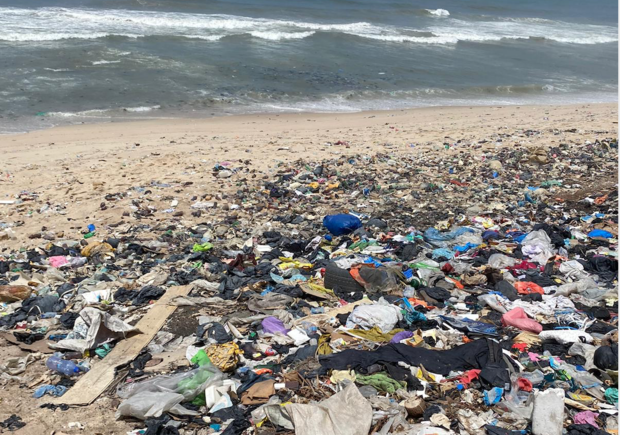

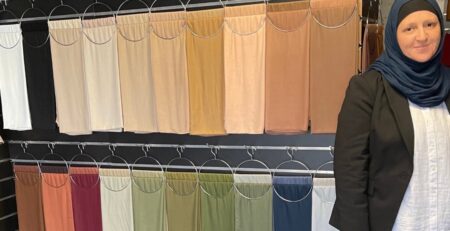
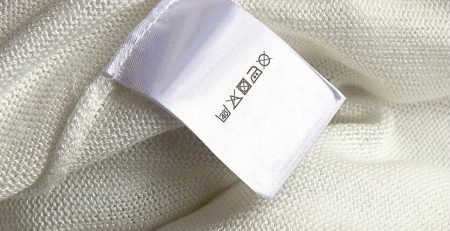

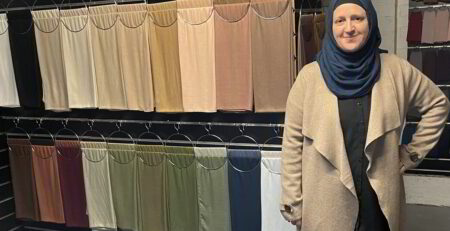

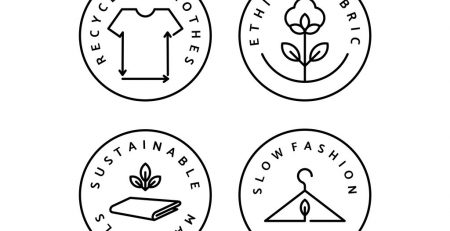



Leave a Reply